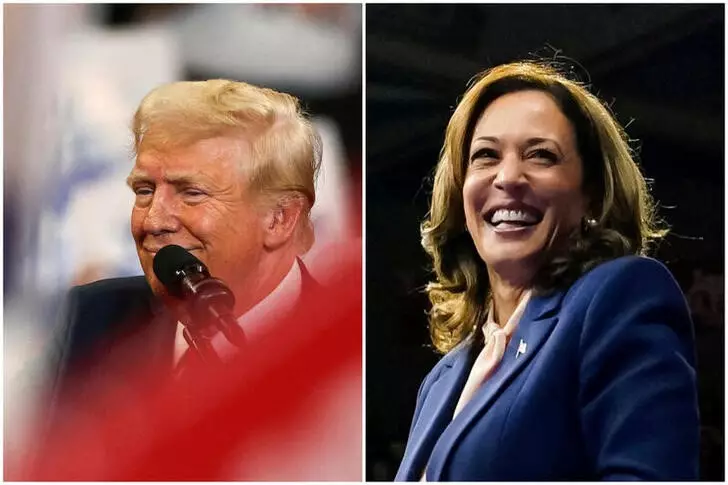As the 2024 U.S. presidential election draws near, the international community is bracing itself for potential changes that may emanate from one of the world’s most significant democratic processes. With America positioned as the globe’s largest economy, the ramifications of its electoral outcomes extend far beyond its shores, reverberating through various emerging markets (EMs). This interconnectedness hinges on U.S. economic policies, trade relations, and geopolitical maneuvering. UBS analysts have provided a detailed overview of how the election could shape emerging market health, focusing on the implications that the U.S. macroeconomic landscape will have on these vulnerable economies.
The interactions between election results and economic indicators such as GDP growth, inflation, interest rates, and the value of the U.S. dollar are particularly salient. Given that emerging market assets fluctuate based largely on the stability and growth trajectories of the U.S., a financial environment swayed by political changes could pose significant risks or opportunities. For instance, a potential Republican victory may spark a period of robust economic growth in the U.S., yet it simultaneously threatens to increase inflation and elevate interest rates. Such conditions would bolster the U.S. dollar, creating paradoxical challenges for emerging markets that often grapple with dollar-denominated debts.
A vital component of this financial dynamic is the U.S. dollar, constituting nearly 60% of global foreign currency reserves. The strength of the dollar has immediate repercussions for emerging economies, particularly those with substantial external debts. As the dollar appreciates, these nations face increased borrowing costs, which can deter investor confidence and stifle growth. Over the years, emerging market assets have displayed a pattern of volatility surrounding U.S. elections, primarily linked to uncertainties about the governing party’s stance on fiscal and monetary policies.
The duality of the dollar rising amidst potential economic growth spells trouble for nations reliant on foreign investment. While a strong U.S. economy is generally a positive driver for demand for emerging market goods, the associated headwinds from rising interest rates leave these economies grappling with complex challenges, creating a delicate balance that investor sentiments must navigate.
Trade policies constitute another domino in this intricate game. The decisions made by the U.S. president in shaping domestic and international trade relations hold considerable sway over EM potentials. Recent years have underscored how tariffs can be wielded as a weapon, often leading to strained relationships and heightened uncertainty for export-oriented nations. A possible Republican ascension, reminiscent of past leadership strategies under Trump, may see the resurgence of tariff-centric policies, heightening concerns among emerging economies heavily reliant on exports, such as Mexico and various Southeast Asian countries.
Conversely, a Democratic administration is likely to prioritize more cooperative and multilateral trade relationships, which could promote stability and potentially foster deeper economic bonds with emerging markets. Such trade policies would not only alleviate some of the economic anxiety associated with protectionism but also cultivate an environment conducive to invigorating global commerce.
The geopolitical landscape is another layer where the election outcome will be felt. The nature of U.S. relations with critical global players, including China, Mexico, Argentina, and Russia, is set to evolve significantly based on electoral results. The analysts caution that continued friction with China—considered a strategic adversary—could persist, irrespective of the White House’s occupant. Technology-related restrictions could tighten further, compelling investors to redirect their interests toward alternative markets like South Korea, Taiwan, or even India.
The intricacies of these geopolitical dynamics will, in turn, influence emerging markets. For instance, Mexico stands to face heightened volatility in light of U.S. immigration and trade policy shifts, while Argentina could leverage its historical ties with the U.S. to boost bilateral relations. Similarly, India’s position as a burgeoning player in global supply chains may solidify, as U.S. firms look for alternatives to reliance on China, creating new opportunities for economic growth.
Ultimately, the outcome of the 2024 U.S. presidential election will set in motion a cascade of effects impacting emerging markets in varied and nuanced ways. From shifts in economic indicators to adjustments in trade policies and geopolitical relations, the reverberations will undeniably reshape how emerging economies strategize and respond in the global arena. As stakeholders watch keenly, the stakes are undeniably high, prompting nations to prepare for the waves of change that may follow the electoral verdict from the United States.

